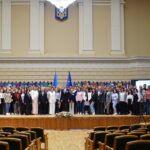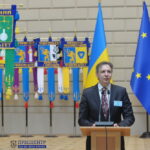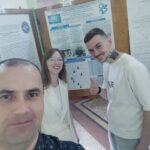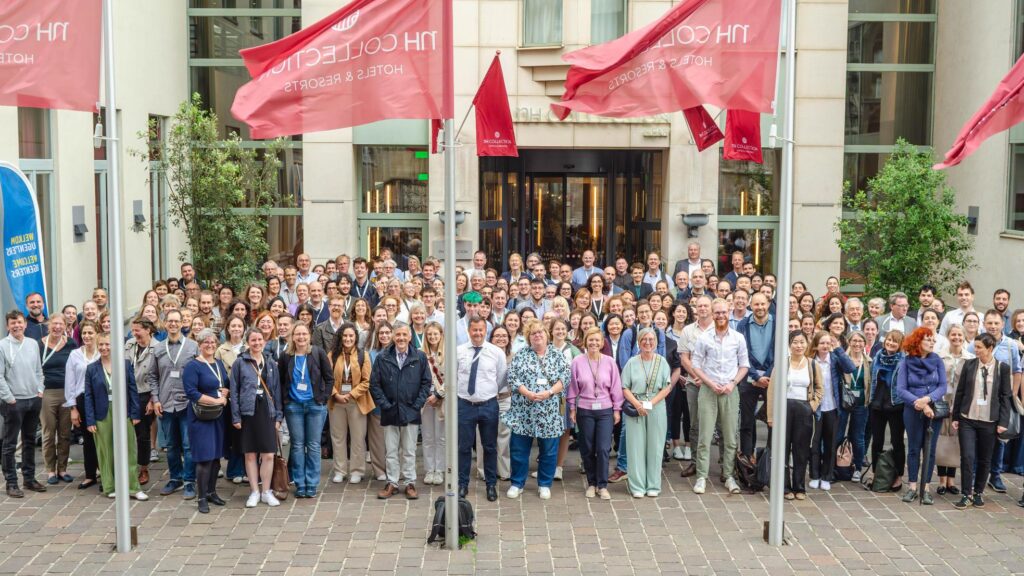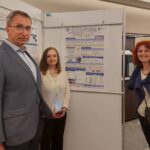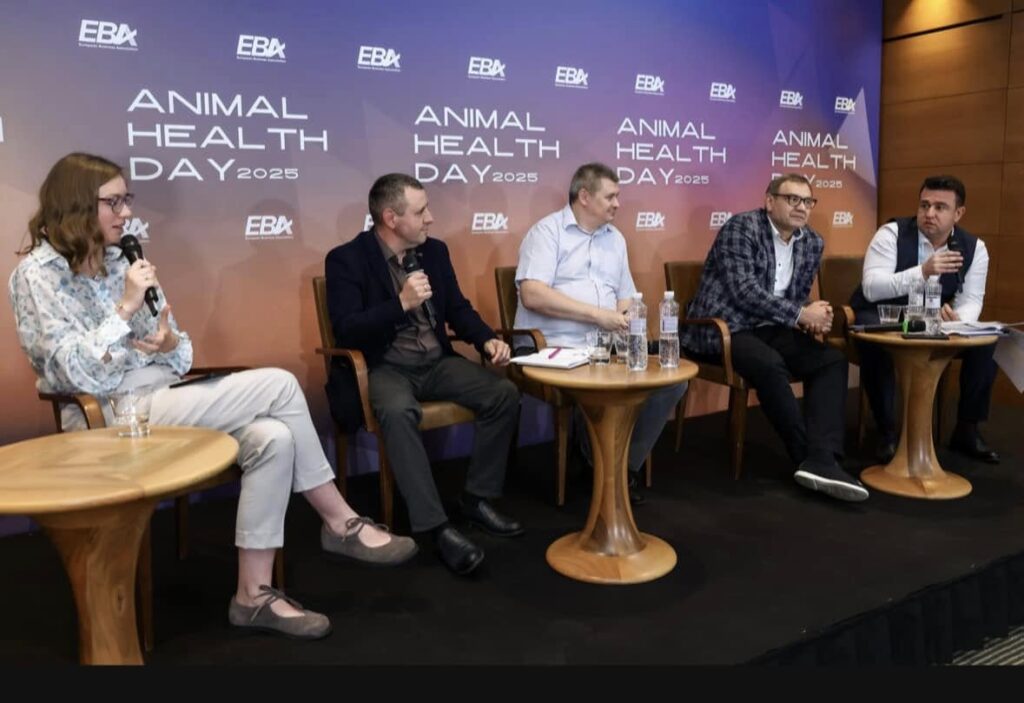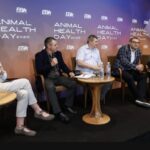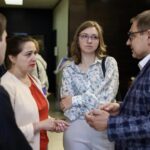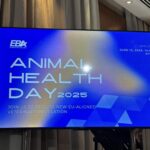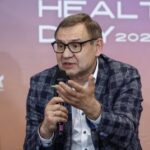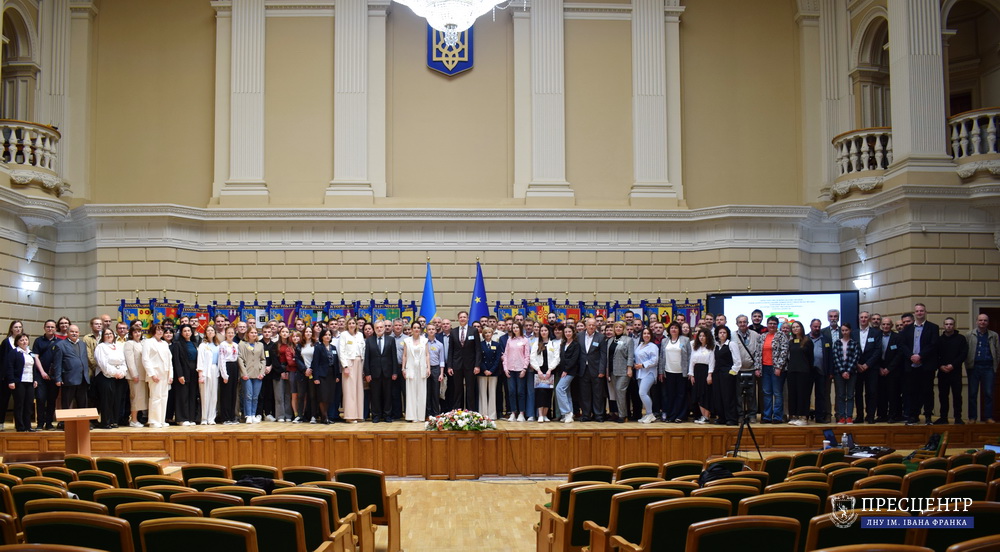
On June 2–4, 2025, the 20th Anniversary Scientific Conference “Lviv Chemical Readings – 2025” was held at Ivan Franko National University of Lviv.
This large-scale academic forum brought together leading experts in inorganic, analytical, organic, medical, physical chemistry, and related fields of chemical science.
This year’s conference was dedicated to several significant milestones in the history of the university’s Faculty of Chemistry: the 80th anniversary of its founding, as well as the anniversaries of key departments — the 130th anniversaries of the Departments of Inorganic and Organic Chemistry, the 90th anniversary of the Department of Physical and Colloidal Chemistry, and the 80th anniversary of the Department of Analytical Chemistry.
The event was organized in cooperation with the Shevchenko Scientific Society — an institution that has consistently upheld the continuity of scientific tradition in Ukraine, even during the most challenging historical periods.
The conference was held in a hybrid format — both in-person and online — and lasted for three days. Its main objectives were to promote chemical science, facilitate the exchange of knowledge and experience, provide a platform for communication among seasoned researchers, young scientists, and educators, and support innovative scientific research.
Within the framework of thematic sessions, participants presented the results of their research, discussed current challenges in modern chemistry, and shared ideas for the implementation of innovative approaches in chemical education and research practice.
In particular, representatives of the National Reference Laboratory for the Control of Residues of Veterinary Drugs and Feed Additives at the State Scientific-Research Control Institute of Veterinary Medicinal Products and Feed Additives — PhD in Chemistry Serhii Plotytsia and Nazar Korol — presented their research on the simultaneous determination of sulfonamide residues, dapsone, and trimethoprim using LC-MS/MS (Analytical Chemistry Section).
Active participation in the conference fostered professional development, enhanced inter-institutional cooperation, and facilitated the establishment of new academic connections among researchers of different generations and professionals from various fields of chemistry.
We sincerely thank the organizers for the high level of the event, the warm and inspiring academic atmosphere, and the opportunity to take part in discussions on current challenges in the field of chemistry. We look forward to continued fruitful cooperation and future meetings at upcoming scientific events.

